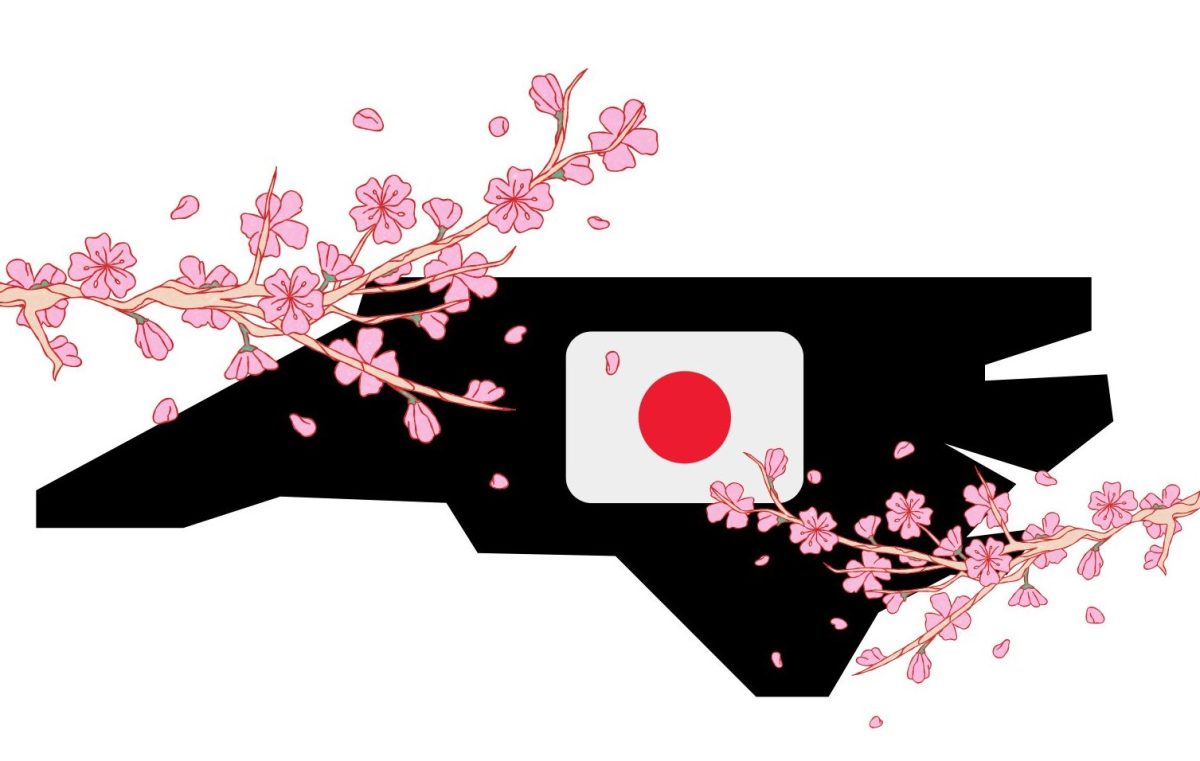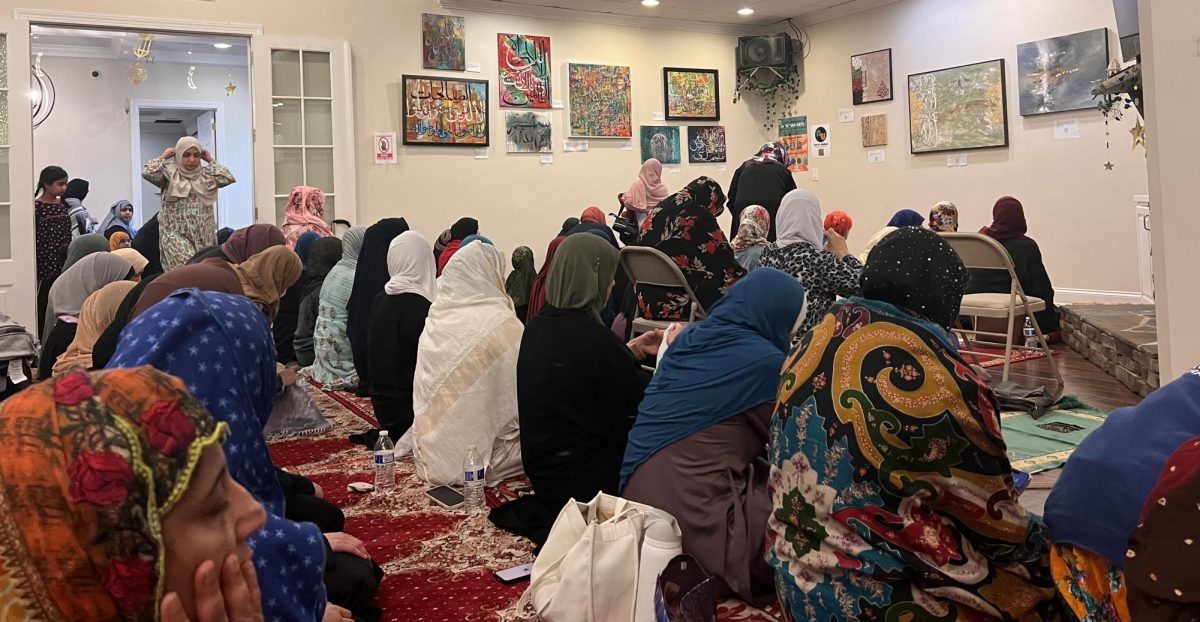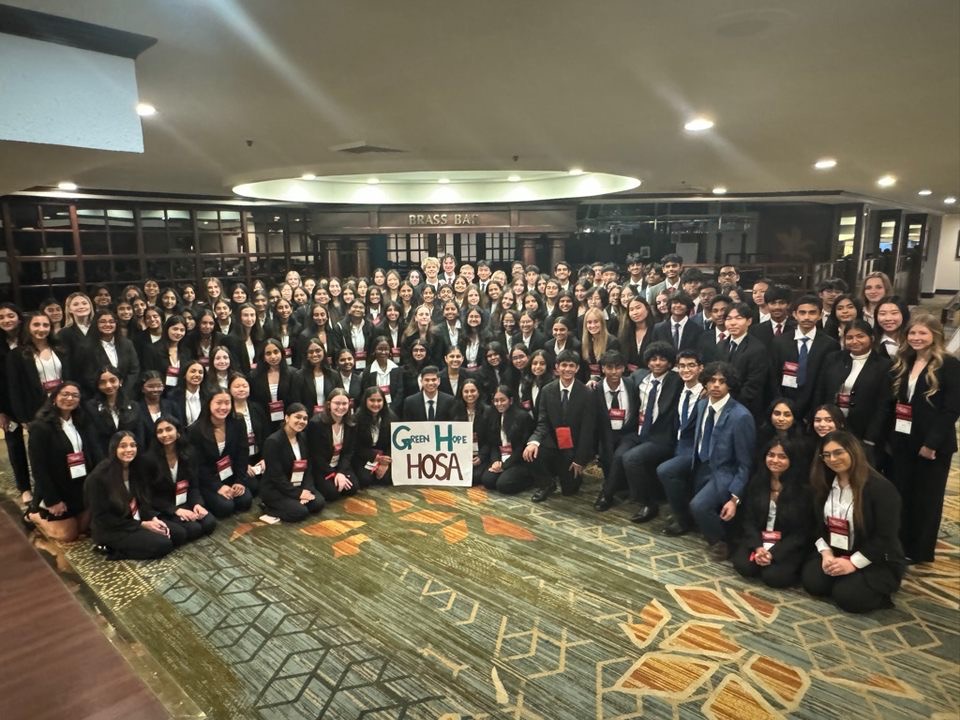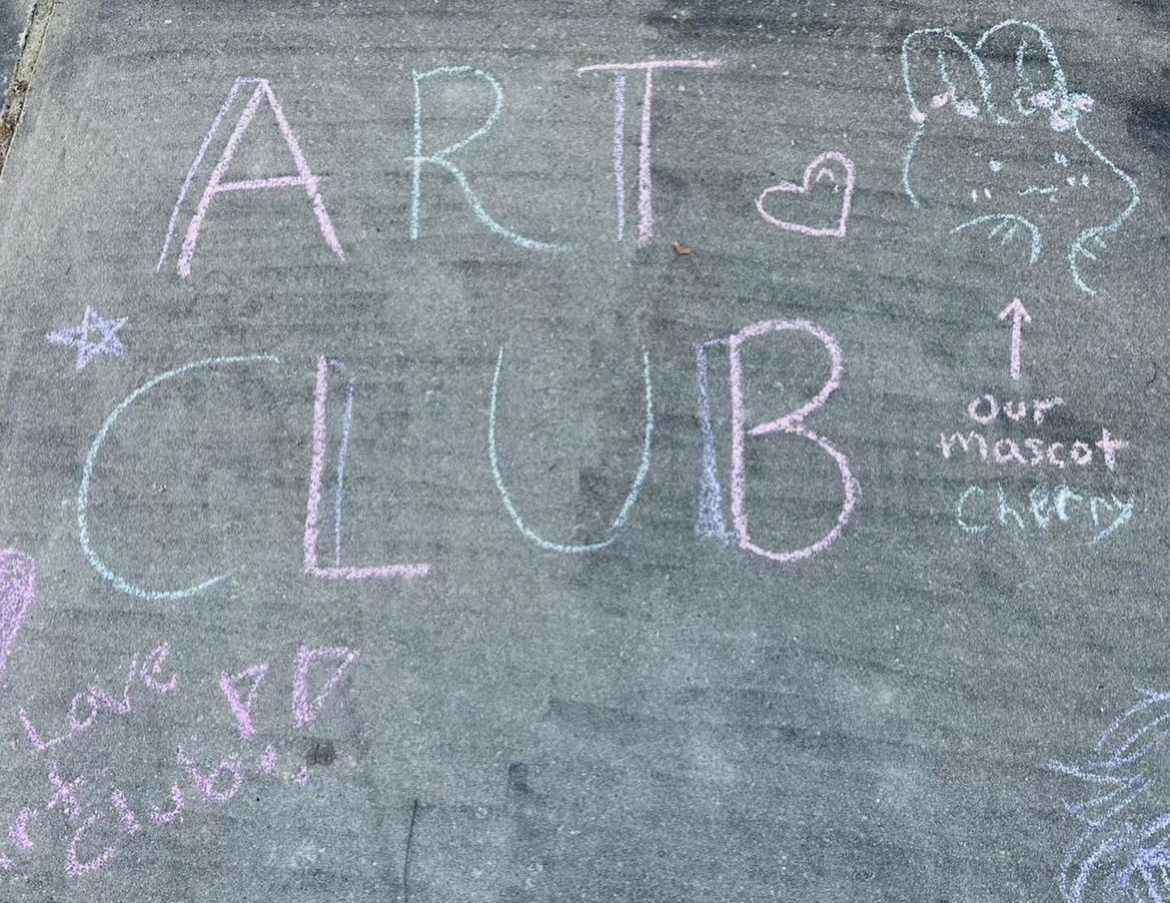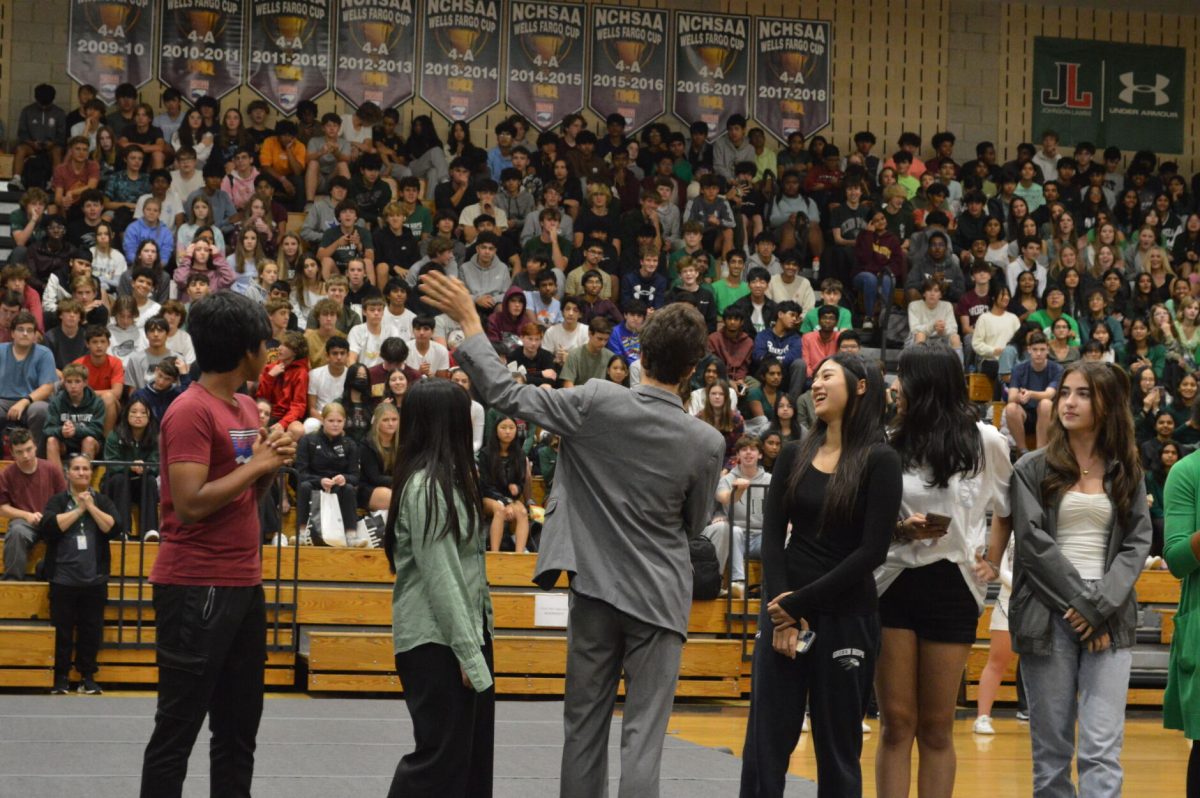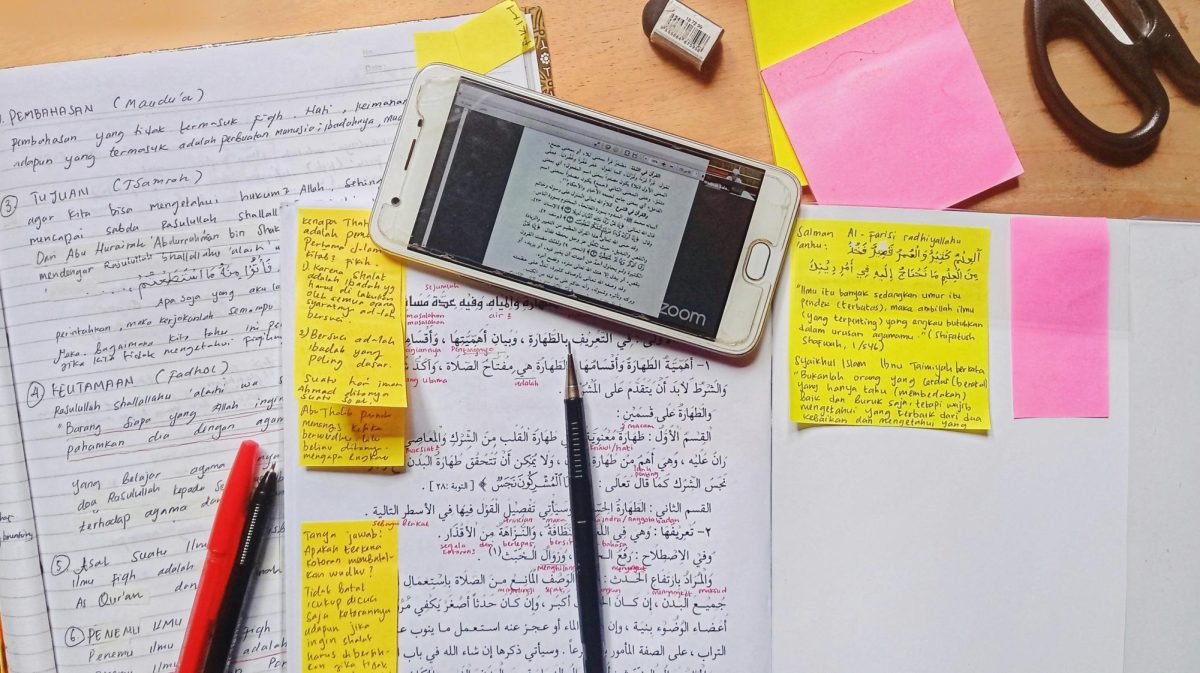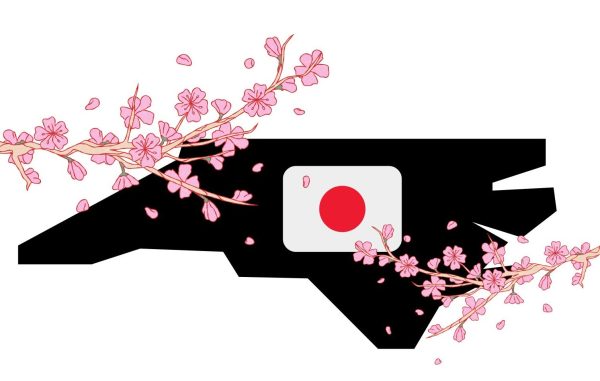Iran-US political tension exacerbated by World Cup

Tension heightened between U.S and Iran in the midst of the 2022 World Cup.
In the midst of the 2022 World Cup, a now deleted image sparked controversy across the world, jeopardizing the United States soccer team.
The U.S soccer team’s official Instagram, Facebook and Twitter accounts posted the Iran flag, but excluded the Islamic Republic emblem in the middle of the flag. The symbol, created in 1980, is an image with a sword surrounded by curves which represents the phrase, “There is no god but God.”
The team stated that they decided to alter the flag for 24 hours to stand in solidarity with Iranian women, specifically 22-year-old Mahsa Amini who died mid-September due to Iran’s morality police. However, the alteration of the flag was brought into the spotlight moments after being posted and caught the attention of Iranian officials.
Iran claimed that the alteration of its flag “breached” the FIFA charter and called for a 10-game suspension for the U.S team. The state of Iran continued on to tweet, “Team #USA should be kicked out of the #WorldCup2022.”
In response to the image, Iran referenced section 13 of the Federation Internationale de Football Association (FIFA) rule book which states, “Any person who offends the dignity or integrity of a country, a person or group of people through contemptuous, discriminatory or derogatory words or actions (by any means whatsoever) […] shall be sanctioned with the suspension of at least ten matches or a specific period, or any other appropriate disciplinary measure.”
In an interview with the GH Falcon, Sabrina Rahimi (‘24), an Iranian-Turkish student at Green Hope High School, touched on the U.S soccer team’s attempt to protest the mistreatment of women in Iran.
“The only people with jurisdiction to do this would be the people of Iran. To stand in solidarity with the people of Iran and their message is to do something more than [removing the religious symbol] and the flag does not represent the government it represents the people. There are many other ways to support the people of Iran,” she said.
As a Muslim-majority country, Iran’s citizens have emphasized the importance of their flag, which has the name of God in the middle. Many of the nation’s citizens took offense to the action.
“This situation is the same as if another nation removed the 50 stars from our own flag, which would be highly disrespectful to us,” said Rahimi. “By changing only the religious part of the flag (a flag that represents the people) as a method of boycotting their government, it seems like the US is tying religion into government affairs.”
Gregg Berhalter, the U.S soccer team’s head coach, responded to the accusations. Claiming that they were not a part of the alleged distortion of Iran’s flag, the coach issued an apology on behalf of the staff and players.
“The staff, the players, we had no idea […] Our focus is on this match and I don’t want to sound aloof or not caring by saying that. […] Of course our thoughts are with the Iranian people, the whole country, the whole team, everyone. But our focus is on this match,” he said.
United States Soccer Federation spokesperson Neil Buethe refrained from providing details regarding the decision-making process of the social media post, however, he gave brief insight into the matter.
“This was a decision within the federation. I’m not going to get into who knew and who didn’t. […] This is our decision, not anyone else’s or pressure from anyone else.”
The U.S plays Iran on November 29th under political tension.
The staff of the GHFalcon would love a donation to help the journalism program at Green Hope continue to flourish. Many of our donations go to towards improving the materials that we deliver to you in electronic format. Thank you so much to those that are able to donate.

Zeba Hussaini is a nationally recognized writer best known for her timely coverage on local and international news. Her main responsibilities include creating content, overseeing publication...



